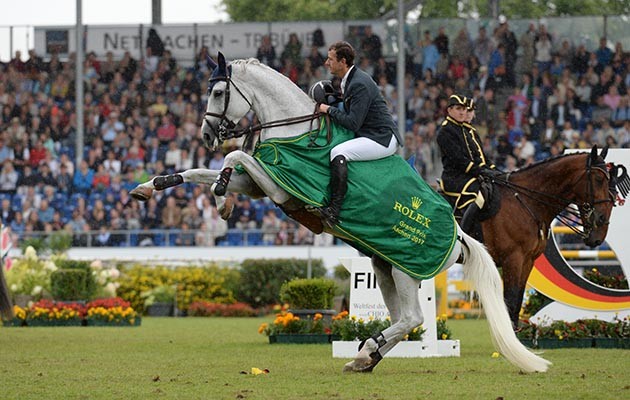
Performance success in the competitive equestrian world
Psychological and physiological aspects can have a huge impact on the success of riders during competitions. This study aims to investigate Equestrian Sports Dynamics (motivation, coach-athlete relationship, self-efficacy and training- both physical and mental) of riders and the effect it has on their performance success. Self-efficacy is defined as one’s beliefs about their own capability to produce designated levels of performance.
236 equestrians were subdivided into novice or advanced groups in three disciplines: showjumping, dressage and eventing. A hybrid questionnaire covering motivation, coach-athlete relationship, self-efficacy and training was filled in and compared with a multiple regression analysis to their competitive performance history.
The results of this article are unexpected, they show that the Equestrian Sports Dynamics have little significance on the outcome of performance success in equestrians. The only significant results found was that motivation had an effect on performance. Motivation had different effects on different levels of riding, in intermediate showjumpers, there was a negative significance between motivation and performance, suggesting that increased motivation lead to stagnation of performance success. This may be caused by the fact that they are content to have reached their level and therefore try less.
Expert opinion by Els Smet
These surprising results are possibly found due to that rider’s incorrectly score their motivation and other factors. Furthermore, another important factor that plays a part is the relationship between the horse and rider, and this was not investigated. Experts advise to still take care of and nurture the different aspects of equestrian sports dynamics even if the results of this investigation show no significant influences on competitive performance.
> From: Petho, Journal of Human Sport and Exercise 12 (2017) 857-871. All rights reserved to University of Alicante. Click here for the online summary.


